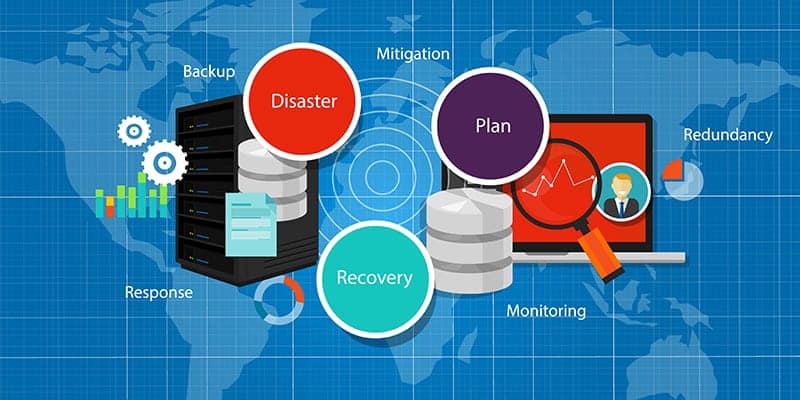Yes, it might be a little early to start talking about cold weather and winter storms. But with the first widespread snowfall of the season affecting the Western United States last week, and a record-breaking Indian Summer finally giving way to seasonably cool temperatures in the Midwest and Southeast, now is the perfect time to get your winter preparedness plans in order.
Why? Because the first lesson of a sound disaster prep strategy is being ready BEFORE calamity strikes. That way you know what procedures to follow—and your business can keep on working while those around you grind to a halt.
Here are five solid tips that CMIT Solutions has developed over several years spent helping our clients avoid and recover from such widespread winter impacts:
1) Have a telecommuting plan in place. Employee and client safety should be of the utmost concern when winter storms descend on an unprepared region. But without an emergency telecommuting plan in place, your business could suffer both a loss in revenue and a loss of productivity.
So before a storm hits, develop a strategy to keep your business functioning while your employees stay busy in the safety of their own homes—even if they’re curled up in front of a fire while they work.
2) Critical business data needs to be accessible to all pertinent parties. If travel restrictions go into place, your employees can only telecommute if they have access to important business information.
Utilizing services like the cloud and file sync and share to host that data and make it available to key personnel can represent the difference between getting zero productivity out of a fully paid snow day and enjoying a spike in efficiency because employees are empowered and prepared to work from home.
3) Business continuity ensures that your company will stand out in the crowd. When whole metropolitan areas are paralyzed by snow and ice, we all expect many companies to shut down as well. If your business is closed, you should still maintain communication via email or social media.
Providing your clients with updates demonstrates that nothing can inflict a total knockout on your business—and keeps you top of mind when things get back to normal.
4) Make sure you or your IT provider are performing regular, remote backups. In the event of long-term electrical grid outages or even damage to your physical office, trustworthy backups can be a lifesaver for your business.
Off-site backups are often stored in multiple locations to account for the possibility of widespread power failures. And with a service like CMIT Guardian, remote virtualization can even have your business up and running in an alternate location if necessary.
5) Develop a disaster recovery plan that covers the “before,” “during,” and “after” phases of a major storm. Before a storm arrives, all employees should be signed up with an emergency texting service that can immediately transmit emergency announcements.
During a storm, all employees should understand their work-from-home responsibilities (spelling these out beforehand is crucial). And after the storm, everyone should understand their responsibilities for getting back to work—and getting regular business operations up and running again—in a safe and timely manner.
As fellow small business owners ourselves, we understand the danger of severe weather. But at CMIT Solutions, we have extensive experience helping other small businesses overcome the nastiest of storms while taking advantage of the productivity-boosting, efficiency-enhancing benefits of technology. Contact us today to find out how we can put our system monitoring, remote backup and disaster recovery, and business continuity solutions to work for you.

